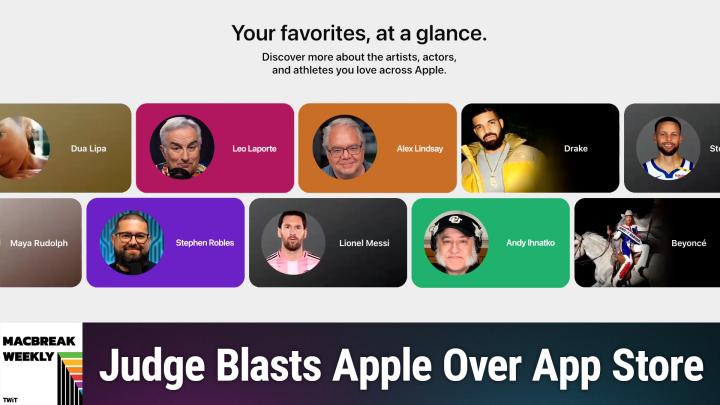Apple Referred for Criminal Contempt After Judge Finds "Malicious Compliance" in Epic Case
AI-created, human-reviewed.
In a stunning development that sent shockwaves through the tech industry this week, U.S. District Court Judge Yvonne Gonzalez Rogers blasted Apple for what she described as deliberate non-compliance with her previous ruling in the Epic vs. Apple case. The judge went so far as to say an Apple executive "outright lied under oath" and has referred the matter to the U.S. Attorney's Office in San Francisco for potential criminal contempt proceedings.
"Cook Chose Poorly"
The latest chapter in the long-running Epic vs. Apple saga centers around the implementation of a 2021 court order requiring Apple to allow app developers to offer purchase methods outside of the App Store. According to Judge Rogers, Apple engaged in "malicious compliance" by technically following the letter of the order while implementing numerous obstacles designed to maintain its revenue stream.
In her remarkably pointed ruling, Judge Rogers singled out Apple CEO Tim Cook, writing that he "chose poorly" by siding with his finance team rather than with executive Phil Schiller, who reportedly advocated for genuine compliance with the injunction. The judge specifically called out Apple VP of Finance Alex Roman, stating he "outright lied under oath" during testimony.
The Battle Over App Store Economics
At the heart of the issue is Apple's implementation of its court-mandated changes. When ordered to allow developers to direct users to alternative payment methods, Apple implemented a 27% commission (instead of its standard 30%) on purchases made outside the App Store. The company also added what critics call "scare screens" warning users about potential risks when leaving the app ecosystem.
Internal company communications revealed during discovery showed Apple had extensively discussed strategies under project names "Michigan" and "Wisconsin" aimed at making external purchases as unappealing as possible to both developers and users. These revelations directly contradicted testimony in which executives claimed the commission rate was based on recommendations from outside consultants.
Developers Respond Quickly
The judge's ruling has already had immediate effects in the marketplace. Companies including Amazon have quickly implemented "Buy Now" buttons in apps like Kindle, allowing users to purchase books directly rather than navigating to external websites. Epic Games announced plans to bring Fortnite back to iOS devices, while Patreon stated they would redesign their entire payment system to take advantage of the ruling.
"You can't put the genie back in the bottle," noted Stephen Robles during the MacBreak Weekly discussion, highlighting how developers are rushing to implement changes before any potential stay during Apple's appeal process.
The Value of Friction
The podcast panel engaged in a spirited debate about user experience and the "friction" involved in purchasing decisions. Alex Lindsay argued that requiring users to leave apps to make purchases introduces complications that might ultimately reduce overall App Store engagement rather than simply shifting revenue away from Apple.
"Friction is an incredibly powerful tool to slow people down from adoption," Lindsay explained, noting that in his experience, "every question is 25% throughput" lost in a conversion process.
On the opposing side, Leo Laporte argued that the previous system was unnecessarily complicated, asking rhetorically which is simpler: clicking a "buy now" button within an app or "exiting the app, going to the website buying the app, buying the book and then going back to the app."
What's Next for Apple?
Apple has already appealed the ruling to the Ninth Circuit Court of Appeals. The company previously attempted to take the case to the Supreme Court, which declined to hear it. Legal experts on the show suggested Apple faces an "enormous hill to climb" in this appeal, though some panelists gave them roughly 50/50 odds of obtaining a stay while the appeals process plays out.
The implications extend beyond this specific case. Stephen Robles suggested Apple might need to reconsider its approach to compete on value rather than forced exclusivity: "If Apple really feels they provide the value, then actually compete and allow these links...and make that App Store experience with your Apple ID and subscriptions so good that people prefer to do that rather than jump out."
For now, developers and users alike can enjoy a more open iOS ecosystem while the legal process continues, potentially reshaping the mobile application landscape for years to come.
